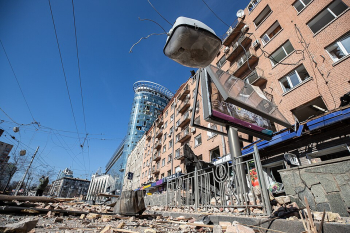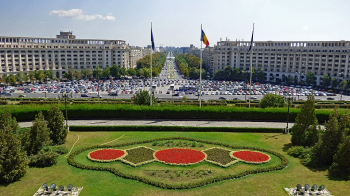
Fiji's recent election in December 2022 marked a milestone in the country's democratic journey, with a coalition government led by Sitiveni Rabuka, a former prime minister, coup
leader, and military commander, promising to get rid of controversial laws that restricted basic freedoms. However, the election also saw a significant decrease in women representatives, with the number of women in the Fiji Parliament dropping from ten out of 51 MPs (19.6%) to six out of 55 (10.9%). This decline in women's political representation has significant implications for Fiji's fragile democracy.
Despite concerted efforts to widen the space available for women in politics, the setback in women's representation has occurred. The women's movement in Fiji has ramped up its public advocacy campaigns to encourage more women to exercise their right to vote and run for office. The Fiji Women's Forum was established in 2012 by a coalition of women's organizations to promote the goal of increased women's political participation. Women are seemingly well-represented in senior party positions across Fiji's political landscape. However, women are still under-represented as parliamentarians, and part of the issue may lie with the electoral system.
Under Fiji's open-list proportional representation (PR) system, electors cast a vote for an individual candidate, and party candidates' personal vote shares are then pooled to determine the number of seats the party has won. In previous elections, a "coattails" effect has been observed, with women (and men) candidates coming into parliament on the back of a strong vote share by the party leader, despite small personal vote shares themselves. In 2022, the major party leaders - Bainimarama and Rabuka - dominated the vote share again, but this did not translate into access for women candidates. With a more fragmented result than previous elections and an increase in the number of parties winning seats in parliament, the opportunities for women appeared to decrease. This highlights the open-list PR system's lack of safeguards for gender diversity.
The decline in women's political representation highlights the enduring power of Fiji's masculinized political system - exemplified by the election itself, with the two major party leaders both male ex-military commanders and instigators of coups. In his inaugural speech, the Speaker of Fiji's Parliament highlighted the male dominance of Fiji's political sphere. There is urgent and important work to be done to increase the number of women standing for, and being elected to, parliament.
The decline in women's political representation suggests a democratic deficit that complicates the story of Fiji's 2022 election. Now that Fiji's coalition government has assumed office and is promising a new era of politics, ensuring that women's rights are fully integrated into the transitional institutions and reforms being implemented is more important than ever. Equal rights for women cannot be an afterthought but rather should be an integral component of these new beginnings. Photo by Fijiisparadise, Wikimedia commons.

















